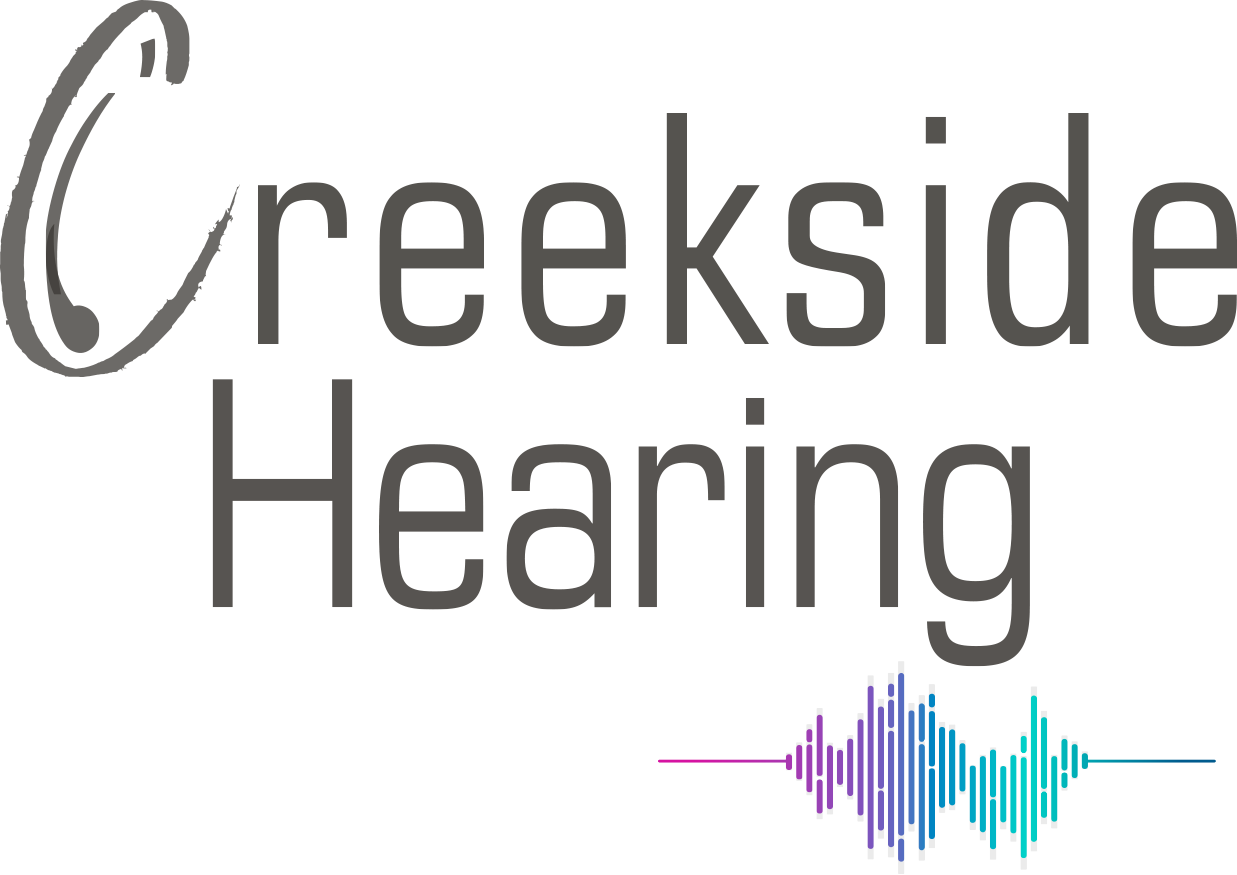Hearing Health
Hearing Health
Do you think you have hearing loss?
Do not worry, you are not alone.
The signs can be subtle at first and sometimes not always noticeable. Since hearing loss is gradual, we tend to make certain changes in our behaviour to cope.
Do you think you might have hearing loss? Don’t worry, you’re not alone.
The signs can be subtle at first and sometimes not always noticeable. Since hearing loss is gradual, we tend to make certain changes in our behaviour to cope.
What type of hearing loss do you have?
Hearing loss is divided into two categories:
Treatment
A hearing evaluation can help identify the type of hearing loss you have, and then we can recommend next steps. This may include prescriptive hearing devices, care in our clinic, or referral to a medical doctor or specialist.
Sometimes, people can be affected by both forms of hearing loss. It is important to have regular appointments with your hearing healthcare professional so any required follow-up can be started as soon as needed. Make an appointment today so we can conduct a full hearing health evaluation.
Signs of Hearing Loss Include:
It is always a good idea to make a hearing check-up part of your healthcare routine. If hearing loss is caught early, sometimes lifestyle changes and medical intervention can help. Ensure your hearing is in good hands by contacting us to make an appointment for a hearing test and consultation. No referral needed.
Hearing Health FAQs
Here at Creekside Hearing, we are dedicated to providing trusted services that will improve your quality of life through better hearing! Your first appointment will consist of a Comprehensive Hearing Test where we will discuss your hearing goals, needs, and concerns, so that we can determine the right solutions for achieving optimal hearing health.
